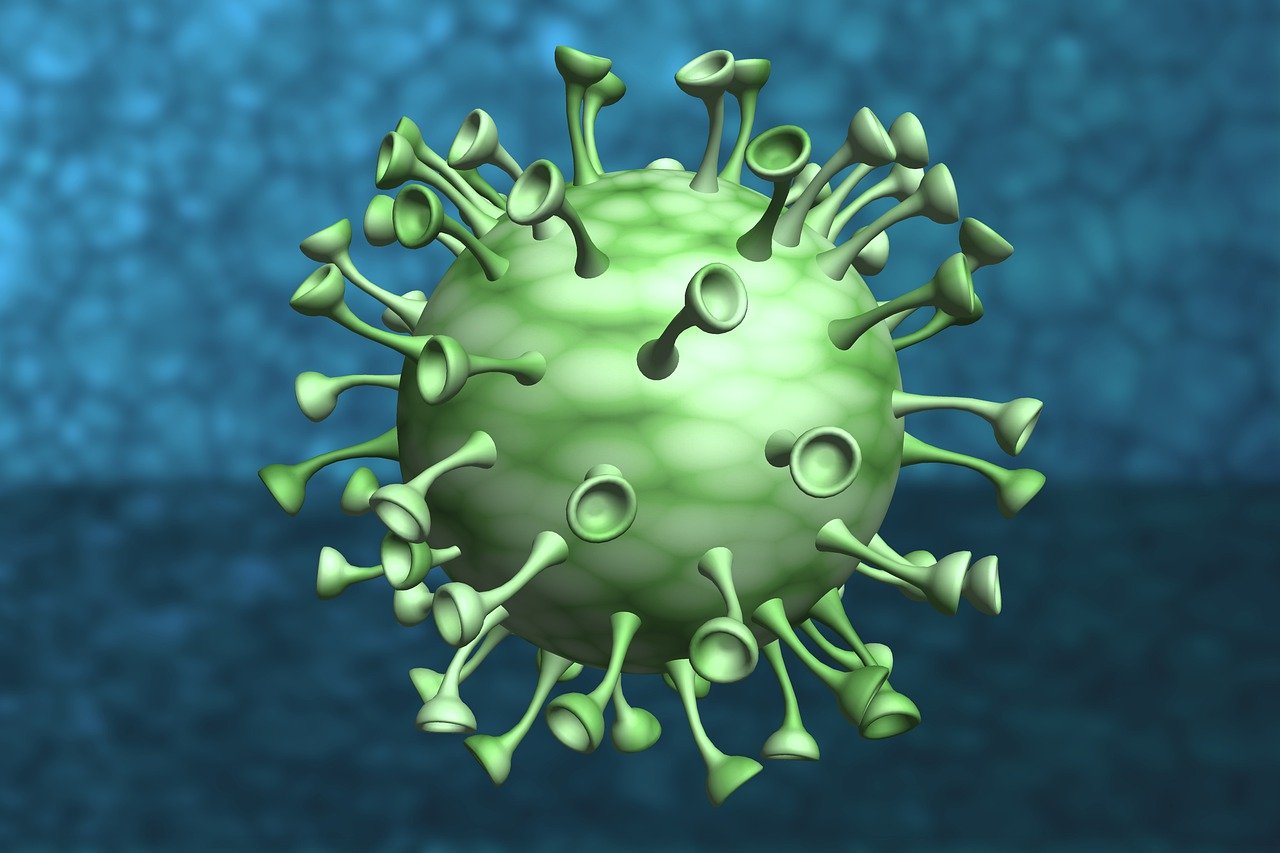In the past eight months, research conducted in different countries across the world has added to medical literature on SARS-CoV-2 and helped in establishing better safety protocols against the virus as well as in the prevention of outbreaks in the future.
Although studies on the virus are going on to this day, the vast majority of the medical community agrees that there is still a lot more to learn about the infection and the many different effects it can have on health.
According to current medical evidence, people who have been diagnosed with the infection have experienced mild to severe effects of the virus during the recovery stage and after it as well.
Patients of the coronavirus can have a variety of symptoms ranging from the conventionally known signs such as coughing, sneezing, sore throat, fever, gastrointestinal problems, and difficulty in breathing to rarely occurring signs including rashes, and blisters on hands and feet.
Some may even have severe effects such as thrombosis, blood clotting, stroke, and heart and kidney failure. Moreover, the impact of the infection can also appear after the recovery period.
Regardless of the overall health of a person, there can be associated with health complications including myocarditis, extreme fatigue, mind fog, cognitive issues, and general difficulty in returning to normal life.
RELATED: Several Disease Are Re-Emerging Amidst the Pandemic
Research actually shows that over ninety percent of coronavirus patients experience at least one after-effect of the infection. The symptoms or after-effects of the infection may even vary from one person to another.
Doctors from around the world have reported unrecognized effects including mania, Parkinson’s disease-like symptoms, and other similar cases of impact of having the coronavirus infection.
Now, some people have also questioned whether lowered hormones level indicate whether a person has coronavirus.
While it is not a commonly-diagnosed symptom, there have been reports of men with reduced testosterone levels while having the infection.
In fact, a study that appears in the journal actually showed that testosterone levels drop significantly in men with the virus. Moreover, the findings also linked the hormone levels to the severity of the infection.
A higher testosterone drop was associated with an elevated risk for severe coronavirus infection and the need for being shifted to the Intensive Care Unit.
The current trends of the coronavirus pandemic have shown that men are more likely to develop coronavirus infection and die from it than others.
According to the study, this may be due to lowered testosterone levels as the hormone has anti-inflammatory effects and is required for a stronger immunity overall.
Men with lowered testosterone levels usually struggle with lowered libido or a loss of sex drive, which means that it can be deemed as a symptom of the coronavirus infection.
While scientists are looking at the idea of testosterone testing in men for developing better and more effective treatment plans, it does not mean that a lowered libido will or a drop will mean that a man has coronavirus.
Therefore, until there is further investigation on the link between coronavirus and testosterone, it is better to stick to relying on doctors and traditional testing for diagnosing the infection.


